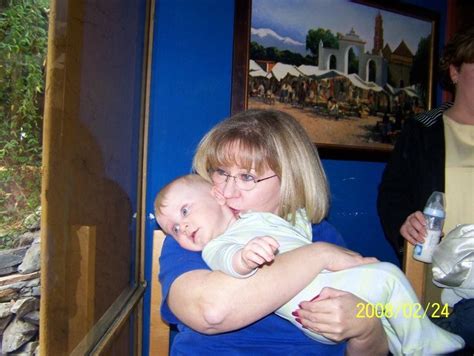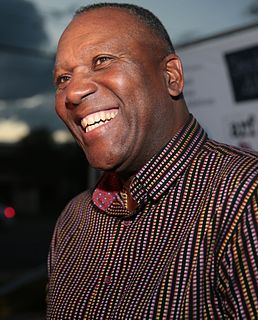A Quote by C. Wright Mills
Those in authority within institutions and social structures attempt to justify their rule by linking it, as if it were a necessary consequence, with moral symbols, sacred emblems, or legal formulae which are widely believed and deeply internalized. These central conceptions may refer to a god or gods, the 'votes of the majority,' the 'will of the people,' the 'aristocracy of talents or wealth,' to the 'divine right of kings' or to the alleged extraordinary endowment of the person of the ruler himself.
Quote Topics
Aristocracy
Attempt
Authority
Believed
Central
Consequence
Deeply
Divine
Divine Right
Divine Right Of Kings
Emblems
Endowment
Extraordinary
God
Gods
Himself
Institutions
Justify
Kings
Legal
Linking
Majority
May
Moral
Necessary
People
Person
Refer
Right
Rule
Ruler
Sacred
Social
Social Structure
Structures
Symbols
Talents
Those
Votes
Wealth
Were
Which
Widely
Will
Within
Related Quotes
Among archetypal images, the Sacred Tree is one of the most widely know symbols on Earth. There are few cultures in which the Sacred Tree does not figure: as an image of the cosmos, as a dwelling place of gods or spirits, as a medium of prophecy and knowledge, and as an agent of metamorphoses when the tree is transformed into human or divine form or when it bears a divine or human image as its fruit or flowers.
we should reject the attempt to divert the national conversation away from soaring inequality toward the alleged moral failings of those Americans being left behind. Traditional values aren't as crucial as social conservatives would have you believe ? and, in any case, the social changes taking place in America's working class are overwhelmingly the consequence of sharply rising inequality, not its cause.
When a parliamentary or social majority decrees that it is legal, at least under certain conditions, to kill unborn human life, is it not really making a tyrannical decision with regard to the weakest and most defenseless of human beings?....While public authority can sometimes choose not to put a stop to something which were it prohibited would cause more serious harm, it can never presume to legitimize as a right of individuals even if they are the majority of the members of society an offense against other persons caused by the disregard of so fundamental a right as the right to life.
When we think of globalization we are thinking in part of structures and institutions that have been developed over time and that have allowed us to become more interdependent and interrelated. But the development, the extraordinary development, of those structures and institutions has not fundamentally transformed our humanity. We are still those animals with fears and anxieties and insecurities in the face of death and dread and disappointment and disease.
It depends on the consent of the people to decide whether kings or consuls or other magistrates are to be established in authority over them, and if there is legitimate cause, the people can change a kingdom into an aristocracy, or an aristocracy into a democracy, and vice versa, as we read was done in Rome.
Free institutions are not the property of any majority. They do not confer upon majorities unlimited powers. The rights of the majority are limited rights. They are limited not only by the constitutional guarantees but by the moral principle implied in those guarantees. That principle is that men may not use the facilities of liberty to impair them. No man may invoke a right in order to destroy it.
This new large-scale spiritual awakening is occurring primarily not within the confines of the established religions, but outside of those structures. Some of it, however, is also happening within the existing churches and religious institutions wherever the members of those congregations do not identify with rigid and exclusive belief systems whose unconscious purpose is to foster a sense of separation on which the egoic mind structures depend for their survival.
How does something immoral, when done privately, become moral when it is done collectively? Furthermore, does legality establish morality? Slavery was legal; apartheid is legal; Stalinist, Nazi, and Maoist purges were legal. Clearly, the fact of legality does not justify these crimes. Legality, alone, cannot be the talisman of moral people.
It is not unlikely, too, that the rejection of God is a kind of punishment: we may well believe that those who knew the Gods and neglected them in one life may in another life be deprived of the knowledge of them altogether. Also those who have worshipped their own kings as gods have deserved as their punishment to lose all knowledge of God.
The amount of knowledge which we can justify from evidence directly available to us can never be large. The overwhelming proportion of our factual beliefs continue therefore to be held at second hand through trusting others, and in the great majority of cases our trust is placed in the authority of comparatively few people of widely acknowledged standing.
Love is the magician, the enchanter, that changes worthless things to joy, and makes right royal kings and queens of common clay. It is the perfume of that wondrous flower, the heart, and without that sacred passion, that divine swoon, we are less than beasts; but with it, earth is heaven, and we are gods.






































